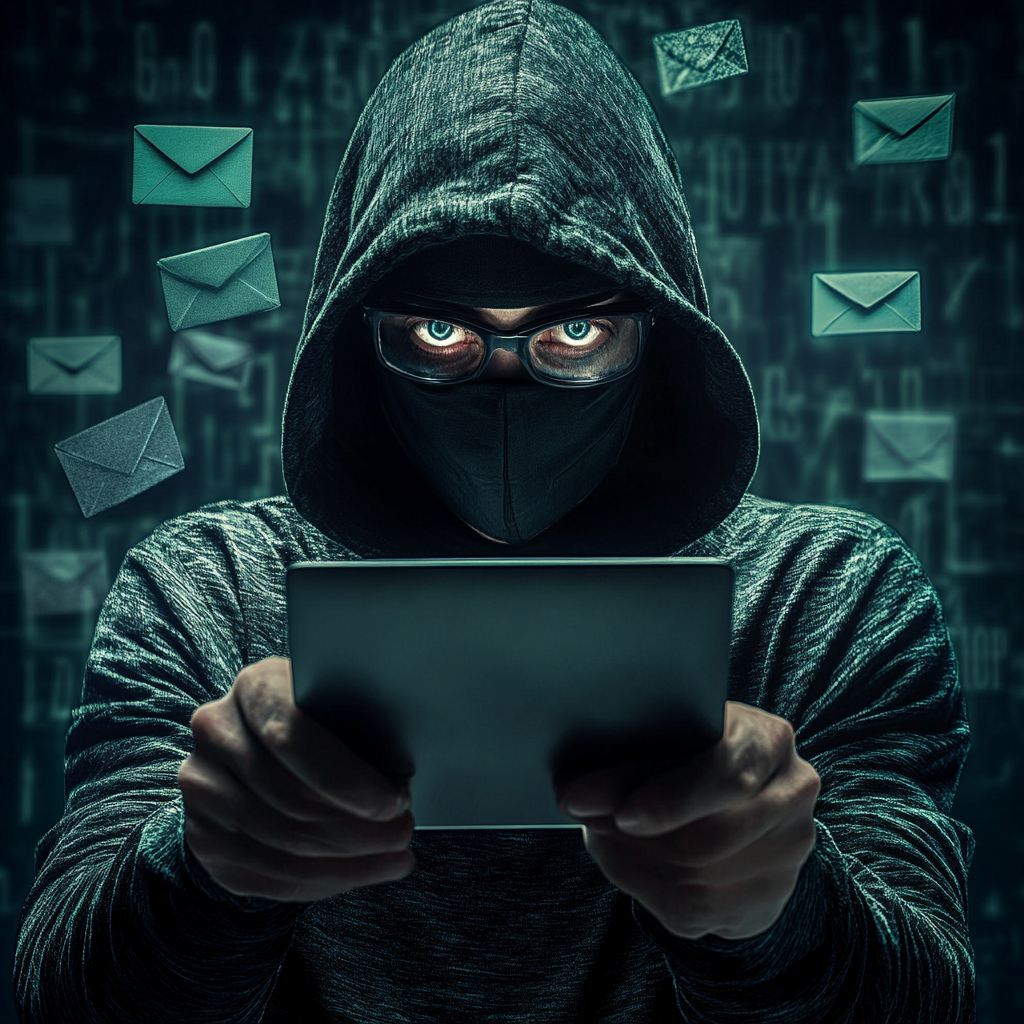Email Hackers: Risks, Methods, and Prevention
-
4 sales
- 2634 views
- Save
0 /5.0
User reviewEmails are the backbone of digital communication, making them a prime target for hackers. Whether for personal or professional purposes, compromised email accounts can lead to data breaches, identity theft, and financial losses. Understanding how email hackers operate and taking steps to protect your accounts is crucial in today’s digital landscape.
How Email Hackers Operate
Hackers use a variety of methods to gain unauthorized access to email accounts. Below are some of the most common techniques:
- Phishing Attacks
Cybercriminals craft convincing emails that trick users into sharing their login credentials, often by imitating trusted entities like banks or service providers. - Brute-Force Attacks
Hackers use automated tools to guess weak or commonly used passwords until they successfully gain access to an account. - Keylogging
Malicious software installed on a victim’s device records keystrokes, capturing email login details without the user’s knowledge. - Social Engineering
Attackers manipulate users into revealing sensitive information by exploiting their trust or emotions. - Data Breaches
Hackers leverage credentials exposed in past data breaches to access email accounts, particularly if users reuse passwords across platforms. - Malware and Viruses
Malicious programs infect devices and extract stored email credentials or monitor user activity.
Risks of Email Hacking
Compromised email accounts can have severe consequences, including:
- Data Theft: Hackers can access sensitive personal or business information stored in your emails.
- Identity Theft: Attackers may impersonate you to defraud your contacts or engage in illegal activities.
- Financial Loss: Unauthorized access to linked accounts or fraudulent transactions can lead to significant monetary damage.
- Reputation Damage: A hacked email can result in spam or malicious messages being sent to your network, harming your credibility.
How to Protect Your Email Account
Here are some best practices to safeguard your email account from hackers:
- Use Strong, Unique Passwords
Create a complex password with a mix of letters, numbers, and symbols. Avoid reusing passwords across multiple platforms. - Enable Two-Factor Authentication (2FA)
Add an extra layer of security by requiring a second form of verification, such as a code sent to your phone. - Be Wary of Phishing Attempts
Avoid clicking on links or downloading attachments from suspicious or unexpected emails. - Keep Software Updated
Regularly update your email client, browser, and operating system to patch known vulnerabilities. - Secure Your Device
Use antivirus software and avoid connecting to unsecured Wi-Fi networks, especially when accessing your email. - Monitor Login Activity
Many email providers allow you to review login history. Regularly check for unauthorized access and secure your account if you notice anything unusual.
What to Do If Your Email Is Hacked
If you suspect your email account has been hacked, act quickly:
- Change Your Password Immediately
Use a strong, unique password to prevent further unauthorized access. - Enable 2FA
Add two-factor authentication if it isn’t already activated. - Review Account Settings
Check for changes to your recovery email, phone number, or email forwarding settings. - Notify Contacts
Inform your contacts about the hack to prevent them from falling victim to fraudulent emails sent from your account. - Scan Your Device
Run a full malware scan to ensure your device is secure. - Contact Your Email Provider
Reach out to your email provider for support in recovering your account and addressing any security concerns.
Final Thoughts
Email hacking is a growing threat that can have far-reaching consequences for individuals and businesses. By understanding the methods hackers use and implementing robust security measures, you can protect your email account and minimize the risk of unauthorized access.
If you’re dealing with a hacked email or want to learn more about protecting your digital assets, our team of cybersecurity experts is here to help.


